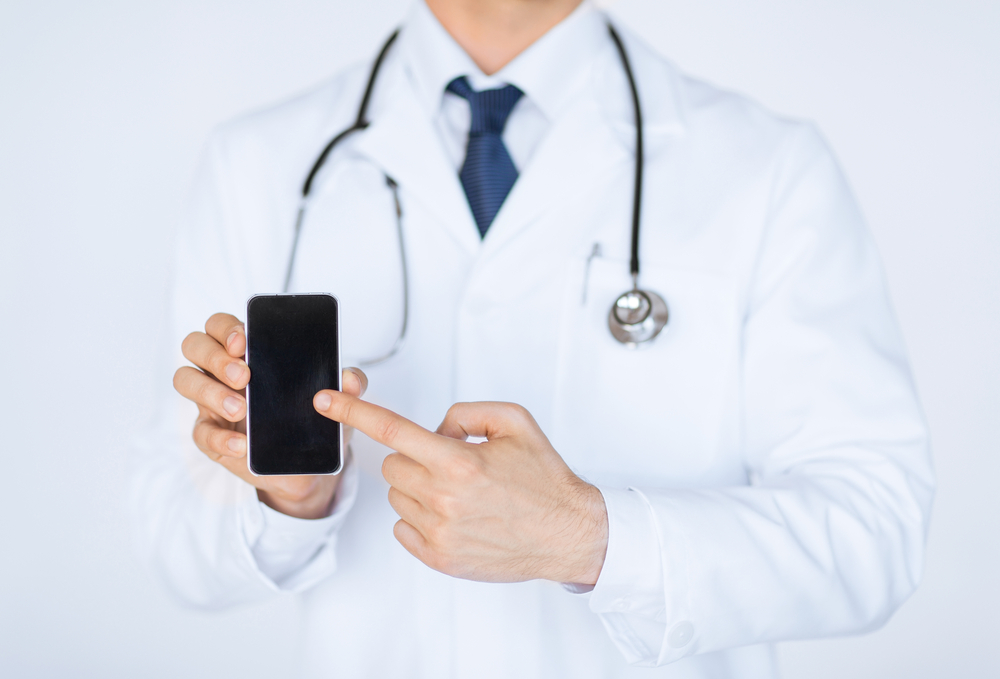The ‘connected healthcare’ market – new technology that's changing how people look after their health and access health services – is projected to be worth £37 billion globally and £1.9 billion in the UK by 2020, according to new PwC analysis.
The analysis explores the megatrends collision between changing demographic and social patterns and today’s vast technological breakthroughs, which are shaping how people live more connected lives.
Making up this global market, the mobile health (m-health) services market, which includes wellness, prevention, diagnostic and monitoring services, is expected to be worth £27 billion by 2020, growing at an average annual rate of 31% from 2014.
The global m-health devices market will grow at an average annual rate of 37% from 2014 to become a £8.5 billion global market in 2020.
These devices include blood glucose meters, cardiac monitors and blood pressure monitors, which will be the main drivers of growth. Pulse oximetry, neurological monitoring, sleep monitors, and wearable fitness and heart rate metres will also make up this segment.
>See also: Five ways healthcare organisations can look to create IoT value ahead of the competition
PwC’s final forecast relates to the global e-prescriptions network, which it says will grow at an average annual rate of 40% from 2014 to 2020 to £1.2 billion.
This growth is mainly driven by government-sponsored programmes enabled by better healthcare infrastructure and data storage facilities.
“Significant growth in the ‘connected’ healthcare market is going to create huge opportunities,” said Quentin Cole, healthcare partner at PwC. “By 2020 we expect it will be worth £37 billion globally, an average increase of 33% each year. Much of that growth will come from online prescriptions and an expansion in m-health, with both the public and private sectors making investments in this area.
“Technological advances open up enormous possibilities that will transform how we receive our healthcare as well as impacting life expectancy itself. But with technology comes issues around security of data, personal responsibility and even what constitutes a ‘healthy life’ that will challenge us as individuals and as providers.”
“We’re already seeing many tech-enabled new entrants disrupting the healthcare industry, so there is huge potential for growth in the sector. It raises questions as to who will be best placed to take advantage of the opportunities connected healthcare brings.”










